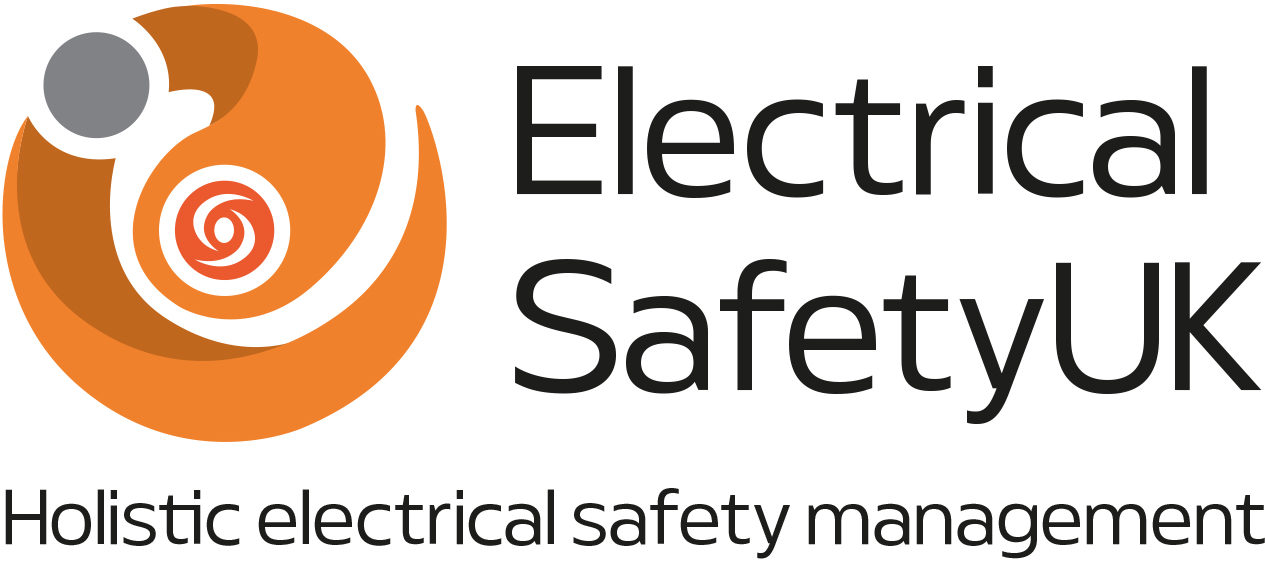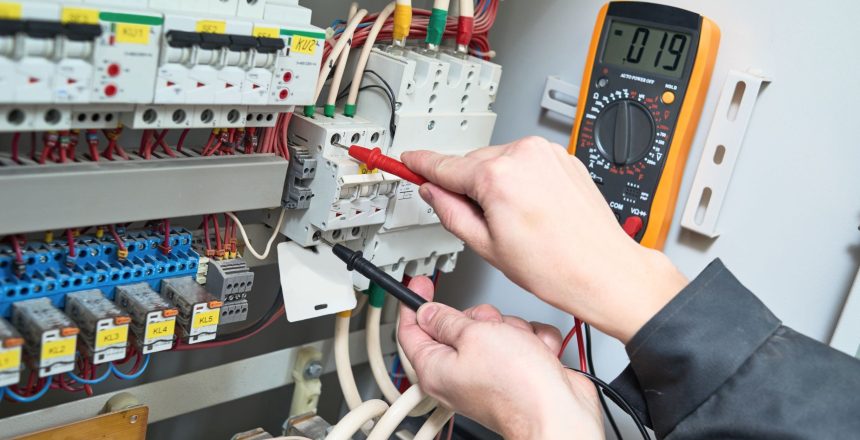Compliance Director, Andrew Linley, discusses the possible changes being released through Amendment 2 to BS 7671.
A British Standard with many amendments
BS 7871, formerly the IEE Wiring Regulations were first issued in 1882 and has subsequently been issued a further 17 times, with many amendments being incorporated along the way. The 18th Edition, first published in 2018 now sees its second major amendment coming along in 2022, with some subtle and also some significant changes arising to recognise the ever-changing nature of electrical systems and how they are used.
As the finalised version of BS 7671:2018+A2:2022 has yet to be published, the following is a summary based on information issued by the Institution of Engineering and Technology and may change.
The biggest change is the introduction of Part 8 of BS 7671 and most notably Chapter 82 Prosumer’s low-voltage electrical installations. This covers energy efficiency measures, the interface with the smart grid, the management of electricity consumption, the management of renewable sources of electricity, and energy storage.
This will be a significant change, and will introduce many new concepts, with prosumers’ electrical installations (PEIs) only being a part of this. A prosumer is a consumer, and a provider, recognising that many installations be they domestic, commercial, or industrial, consume electrical energy but at times generate it, through solar PV, wind turbines, CHP plant and other means. It also recognises advancement in technology where energy is stored locally and seeks to address the issues with exporting to DNO systems, and where energy might be stored locally when it is at a cheaper rate.
Other parts of BS 7671 are amended to meet the added complications of consumers providing a supply of electricity, notably with regards to earthing. ‘Foundation earthing’ requirement has been introduced to make arrangements for a suitable earth electrode provision for PEIs not connected to the LV public supply network.
Shared PEIs are considered to be, for example, where a number of individual houses group their interests and agree to share their supply with their neighbours from their own renewable power sources. Each house-owner may have installed private renewable energy power sources, which can either supply the private electrical installation or the group of private electrical installations. The three operating modes considered for shared PEIs are as for individual and collective PEIs above.
BS 7671 and Arc Flash
The 18th Edition saw the introduction of Arc Fault Detection Devices (AFDDs), a relatively new concept to the UK and Europe, but a common sight to our American cousins. Often similar in appearance to an RCD, and in some instances incorporating the protection of an RCCB, the installation of AFDDs has been a recommendation rather than a requirement. This is now to become a requirement and is likely to see the scope of where such devices should be installed expanded, although omission of installation on some circuits is likely to be permitted. The need to provide basic and fault protection will still be necessary. Some aspects of Part 7, Special Locations or Installations have been adjusted to ensure that AFDDs are not installed to certain circuits and equipment.
In March 2022, City & Guilds will announce the impact of BS 7671:2018+A2:2022 on their exam series, when the changes will be reflected in their exam questions, and how this will be recognised. Currently, there is no information available on whether persons holding an existing 18th Edition Certificate will be required to resit the 2382 exam. However, given the introduction of Part 8, and the changes regarding AFDDs, it is foreseeable that professional bodies are likely to make this a requirement, sooner rather than later. This is in addition to the fact Amendment 1 in 2020, which introduced Section 722 in relation to electric vehicle charging installations was absorbed into the exam scheme with no requirement to sit a new qualification.
The changes that are to be made to BS 7671 are necessary, as the way in which we use electrical systems has changed significantly and is likely to continue changing in the coming years. Amendment 2 sees the necessary modifications to ensure that electrical systems remain safe, and that our supplies remain secure.
Thermal Effects, Over-voltages?
There is rewording of the requirements for protection against thermal effects, with clarification that there is a need to protect persons, livestock and property against fire caused by electrical equipment, against burns and overheating and to implement precautions where particular fire risks are present. This now leads to the new requirement for the fire safety design of buildings to be documented. There are changes with regards to the requirements for escape routes and there is a new concept of ‘protected escape route’.
The requirements for protection against over-voltages has been redrafted, with protection against transient over-voltages being required where there is a risk of serious injury or loss of human life, or there is potential for significant financial loss or data loss. This will require a risk assessment in all most cases, outside of single domestic dwellings. Where switching can introduce over-voltages, additional conditions are likely to be stated.
How will the amendment 2 impact my current 18th Edition Qualification?
In March 2022, City & Guilds will announce the impact of BS 7671:2018+A2:2022 on their exam series, when the changes will be reflected in their exam questions, and how this will be recognised. Currently, there is no information available on whether persons holding an existing 18th Edition Certificate will be required to resit the 2382 exam. However, given the introduction of Part 8, and the changes regarding AFDDs, it is foreseeable that professional bodies are likely to make this a requirement, sooner rather than later. This is in addition to the fact Amendment 1 in 2020, which introduced Section 722 in relation to electric vehicle charging installations was absorbed into the exam scheme with no requirement to sit a new qualification.
The changes that are to be made to BS 7671 are necessary, as the way in which we use electrical systems has changed significantly and is likely to continue changing in the coming years. Amendment 2 sees the necessary modifications to ensure that electrical systems remain safe, and that our supplies remain secure.





